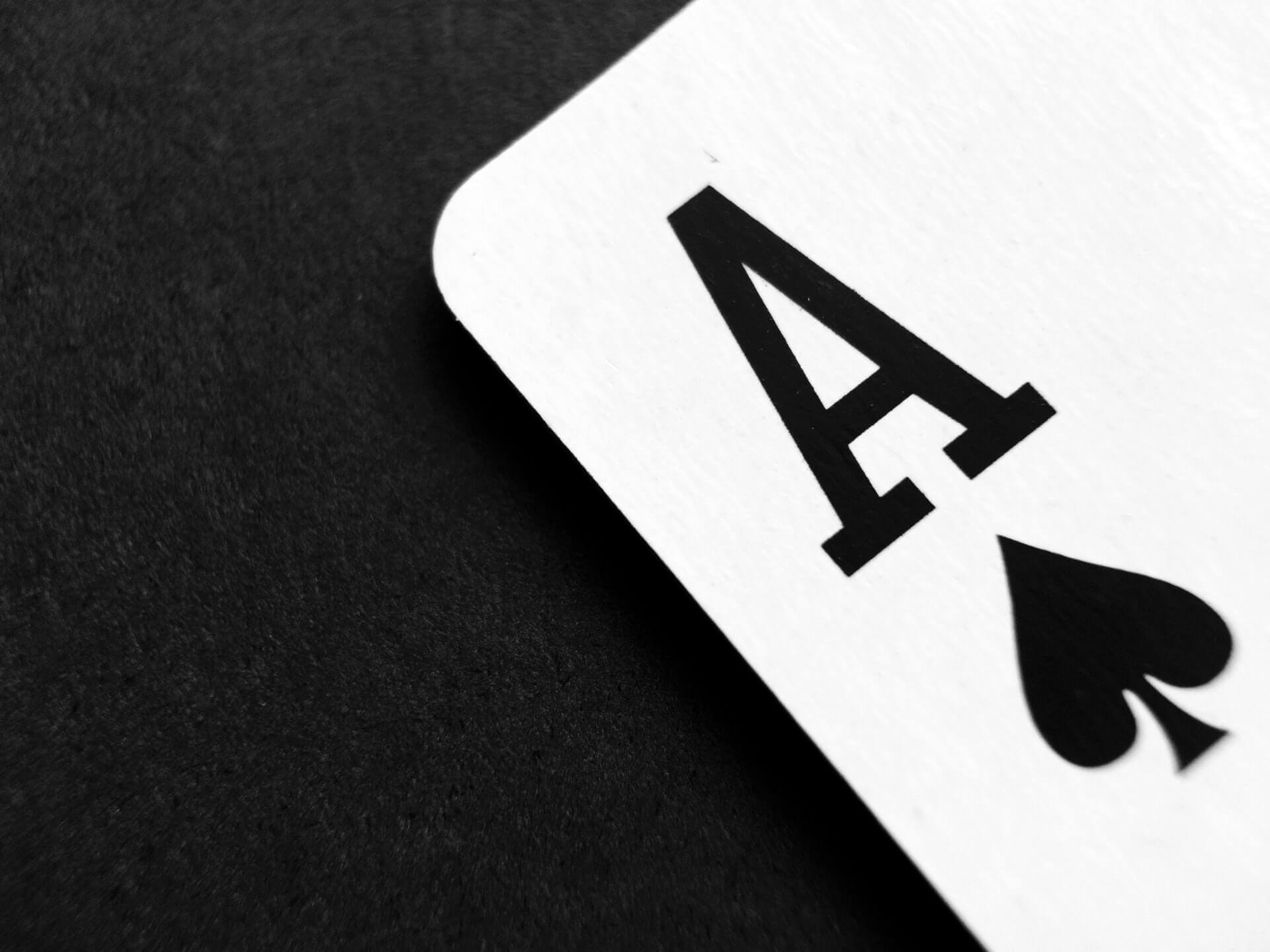Visit Us
Get Directions
Gambling addiction, also known as compulsive gambling or gambling disorder, is a type of impulse-control disorder that continues to affect more families every year. Individuals with a gambling addiction have been seen to have little to no control when it comes to the impulse to gamble.
This cycle of behavior will lead to negative consequences that will seriously impact their physical, emotional, mental, and even financial health.

People who have a gambling addiction cannot just stop when they lose money. They are taken over by the feeling of needing to recover what they have lost. In many cases of gambling addiction, the person will have lost more than they thought, will become overcome with negative thoughts and emotions, and will do anything to recover the money.
“Unfortunately, it seems that we, as a society, have entered into a Faustian deal. Yes, we have these amazing handheld marvels of the digital age – tablets and smartphones – miraculous glowing devices that connect people throughout the globe and can literally access the sum of all human knowledge in the palm of our hand. But what is the price of all this future tech? The psyche and soul of an entire generation. The sad truth is that for the oh-so-satisfying ease, comfort and titillation of these jewels of the modern age, we’ve unwittingly thrown an entire generation under the virtual bus.”
-Dr. Kardaras


Your treatment is likely to be partially or fully covered with almost any major insurance provider.
Gambling is the focus for those addicted, even when they know and understand their gambling is hurting themselves and those around them. The addict is aware of the consequences of gambling, but the impulse is too strong that they cannot stop.
Those with gambling addiction keep the game going and stakes high whether they are up, down, impoverished, extremely happy, or even depressed. No matter if the odds are against them, people with a gambling addiction play all the way.
An estimated 750,000 of America’s youth — between the ages of 14 and 21 — are problem gamblers (they gamble more than intended or steal money to support gambling).
”
Problem gamblers often try to rationalize their behavior. Blaming others is one way to avoid taking responsibility for their actions, including what is needed to overcome the problem.”
At Omega Recovery, we believe that the best results come from patients who are totally engaged in their recovery. Maintaining a sense of balance will be especially vital so that the individual does not become overwhelmed too quickly.
While many clients like to keep their thoughts occupied while participating in a program, we understand that many would prefer a change of scenery while transitioning to a life free of addiction. When transitioning from the extremities of the gambling world to the extremes of an addiction treatment program, the physical, emotional, and mental state might be shocked.
Omega Recovery is here to support the client and their family every step of the journey so that they can feel at ease while transitioning and healing from the trauma and experiences that their addiction has brought them.
Get HelpWe have firsthand experience with the agony and suffering that comes with gambling addiction. That’s why we’re here to help you.
GET HELP Verify InsuranceOur holistic, nationally-recognized and accredited program is here to provide you with the best evidence-based care, regardless of which stage of recovery you are in. Whether you’re seeking help for yourself or a loved one struggling with recovery – we can help.
Traditional Outpatient (OP), Intensive Outpatient (IOP) & Partial Hospitalization
Addicts often find it very difficult to take the first step to recovery on their own. We’ve treated hundreds of people with mental health, technology, and substance abuse addictions. Many claim that it was a loved one who first recommended them to our outpatient rehab program.
Here’s why we’re highly recommended:
Of Clients would HIGHLY
Recommend
Omega Recovery
Of Alumni say their
treatment at Omega was a
success
Of clients report that they
are sober after 6 months